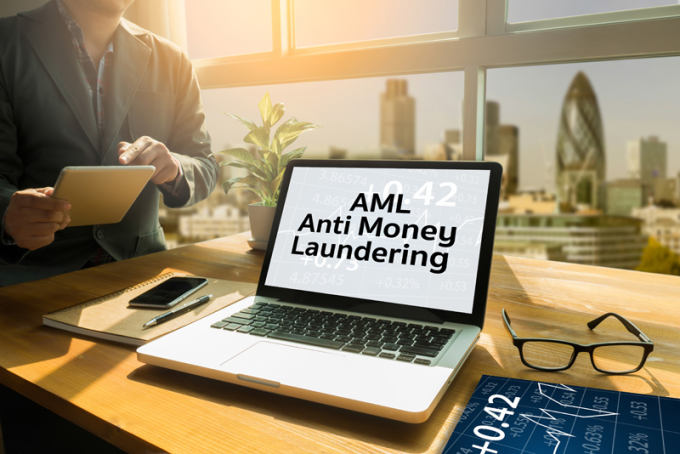
When a registered representative leaves a broker-dealer, there are many different service and compliance issues that emerge. There are also competing interests between the firm and the representative, each of whom want to keep the customer’s business. At the same time, the customer wants to maintain steady and uninterrupted service. FINRA Regulatory Notice 19-10 sets forth obligations that members must follow when a registered representative departs a firm. Herskovits PLLC can assist firms and registered representatives that need assistance in understanding or implementing FINRA’s directives.
It is common in the industry for registered representatives to move between firms. FINRA expects that the firms and representatives continue to prioritize the customers’ interests when a registered representative leaves the firm. First and foremost, the firm must inform the customer how their account will continue to be serviced after the representatives moves from the firm. Then, the firm must provide its customers with full and complete answers when the firm is asked about the representative who is leaving.
Firms must ensure that the customers know that they have the option to keep their account at the firm and have the account serviced by a new representative. They must also provide the contact of the departing representative to the customer if the representative has given their consent to their contact information being distributed. In other words, customers must be able to make their own choice about what to do with their account.
 FINRA Lawyer Blog
FINRA Lawyer Blog









